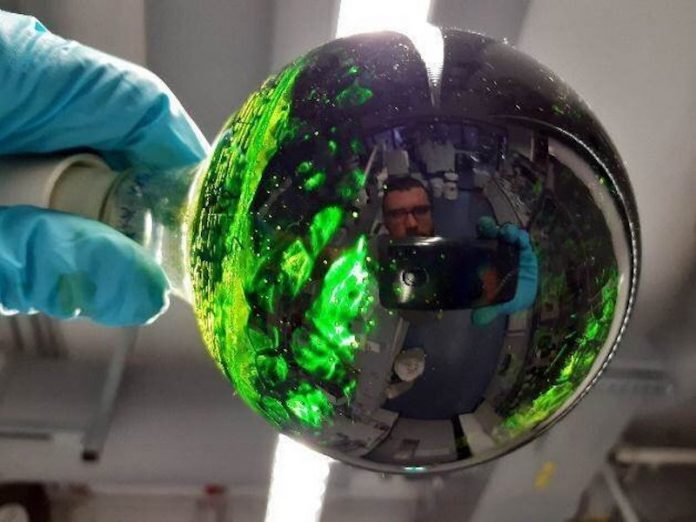
In a new study, researchers have shown that extracts of specially bred sweet wormwood plants (A. annua) are active against the new coronavirus that has caused the COIVID-19 pandemic.
Human clinical studies to test the efficacy of both teas and coffee containing A. annuas well as the anti-malaria drug artesunate are about to begin soon.
The research was conducted by Chemists at the Max Planck Institute of Colloids and Interfaces (Potsdam, Germany) and elsewhere.
For millennia, herbal folk medicines in Asia, Africa, and South America have been used to treat infectious diseases.
Extracts of A. annua plants have been successfully employed to treat febrile diseases including malaria.
Artemisinin is extracted from this plant and is the basis for the WHO-recommended anti-malaria combination therapies used in millions of adults and children each year with few, if any, side effects.
The use of A. annua teas as malaria treatment is promoted as a natural combination therapy against infections, although the WHO strongly discourages their use amid concerns about the development of malaria drug resistance.
In the study, the team wanted to know whether A. annua extracts—pure artemisinin and related derivatives, and mixtures thereof—may be active against the COVID-19 virus.
These drugs would be good candidates for repurposing considering they have excellent safety profiles and are ready availability, rapidly scalable, and are relatively inexpensive.
The team found A. annua leaves from a cultivated seed line grown by ArtemiLife Inc. in Kentucky, the U.S., when extracted with absolute ethanol or distilled water, provided the best antiviral activity.
The addition of either ethanolic or aqueous A. annua extracts prior to virus addition resulted in strongly reduced plaque formation.
The ethanolic extract of both A. annua and coffee was found to be most active. However, artemisinin alone does not present much antiviral activity.
To test the activity of A. annua extracts, COVID-19 human clinical trials with teas and coffees containing A. annua leaves.
In addition, artesunate, an artemisinin derivative used to treat malaria will be used in a Phase 1/2 clinical trial as well.
One author of the study is Prof. Peter H. Seeberger.
The study has been submitted for review.
Copyright © 2020 Knowridge Science Report. All rights reserved.



